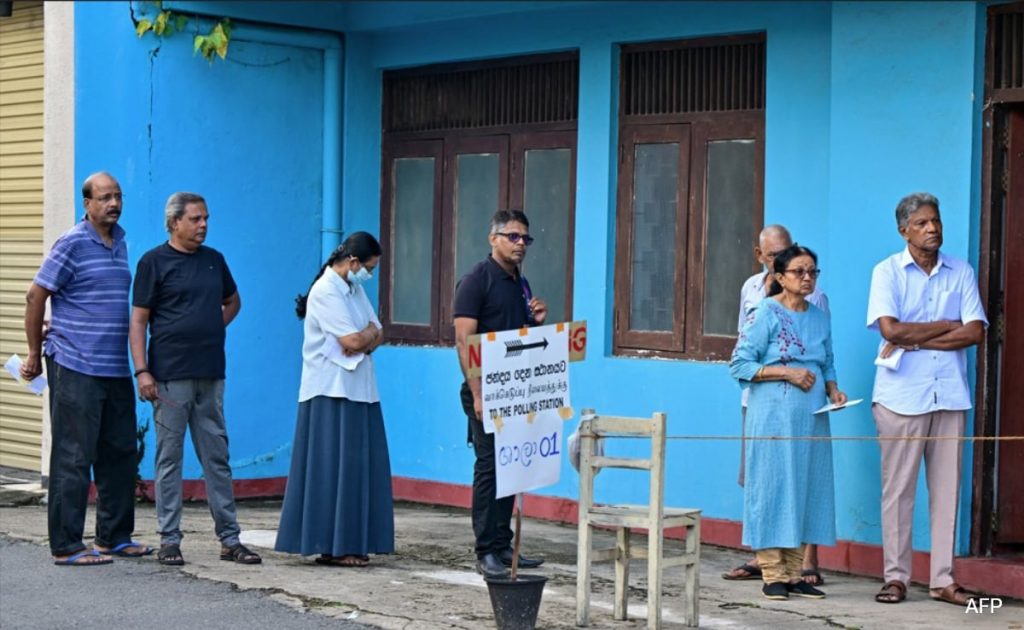A new study examining a large sample of privately insured patients with obesity found that use of drugs such as Ozempic and Wegovy as anti-obesity medications more than doubled from 2022 to 2023. During that same period, there was a 25.6% decrease in patients undergoing metabolic bariatric surgery to treat obesity. From a report: The study, by researchers at Brigham and Women’s Hospital, in collaboration with researchers at Harvard T.H. Chan School of Public Health and the Brown School of Public Health, is published in JAMA Network Open. “Our study provides one of the first national estimates of the decline in utilization of bariatric metabolic surgery among privately insured patients corresponding to the rising use of blockbuster GLP-1 RA drugs,” said senior author Thomas C. Tsai, a metabolic bariatric surgeon at Brigham and Women’s Hospital.
Using a national sample of medical insurance claims data from more than 17 million privately insured adults, the researchers identified patients with a diagnosis of obesity without diabetes in 2022-2023. The study found a sharp increase in the share of patients who received glucagon-like peptide-1 receptor agonists, or GLP-1 RAs, during the study period, with GLP-1 RA use increasing 132.6% from the last six months of 2022 to the last six months of 2023 (from 1.89 to 4.41 patients per 1,000 patients).
Meanwhile, there was a 25.6% decrease in use of bariatric metabolic surgery during the same period (from 0.22 to 0.16 patients per 1,000 patients). Among the sample of patients with obesity, 94.7% received neither form of treatment during the study period (while 5% received GLP-1 RAs and 0.3% received surgery). Compared to patients who were prescribed GLP-1 RAs, patients who underwent surgery tended to be more medically complex.
Read more of this story at Slashdot. Read More




